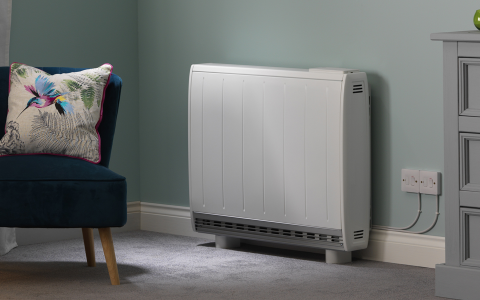The CCC’s June 2020 Emissions Progress Report
The Committee on Climate Change’s (CCC) most recent update on how the UK is progressing towards the achievement of emissions-based targets, such as net zero by 2050 and the carbon budgets, has certainly been listened to. There is no doubt that it influenced the Chancellor's recent Summer Economic Update and the decision to target a green recovery from the Covid-19 crisis.
So, what does the CCC see as the future of construction and what can be done to prepare for the changes this will make to HVAC specification?
We have summarised key industry insights in our 196-page report, structured by most commonly asked questions
Our report covers :
- How has lockdown affected the UK’s emissions progress?
- Has investment in low carbon solutions been shown to be commercially beneficial?
- Is the carbon tax scheme in London going to be applied to the whole of the UK? What does this mean for the development of upcoming regulation changes?
- Will Government address the cost difference between electricity and gas?
Our range of HVAC solutions aim to provide future proof technologies to building projects over various sectors.

Preparing your home heating this autumn
As the year rolls around once more it is time to welcome the autumn season and all that it will bring with it; leaves changing from shades of green to reds and browns and yellows, the migration of all kinds of birds and Halloween (and even Christmas) decorations starting to appear in the shops. As summer ends, autumn signifies the waning of the year.

Net-zero emissions by 2050: What does Net-zero mean?
From industry events, government press releases and various net-zero commitments from different cities and companies, everyone is standing up to agree that we need to be net-zero sooner than the turn of the century. But what does ‘net-zero’ actually mean?

Primed for Primary energy? The changing challenge of NZEBs
Before the end of 2019, government will release the final consultation paper on the proposed amendments to Part L of building regulations ‘Conservation of Fuel and Power’. In anticipation, Glen Dimplex Heating & Ventilation (GDHV) have taken the chance to analyse the proposed changes to the document and present our thoughts on the potential impacts to the HVAC industry.











